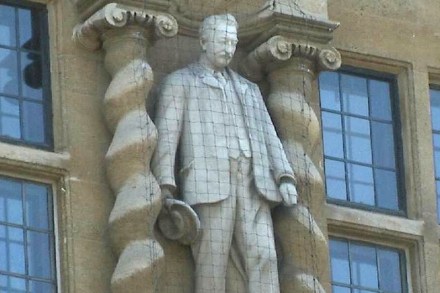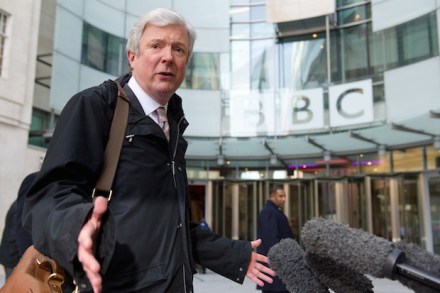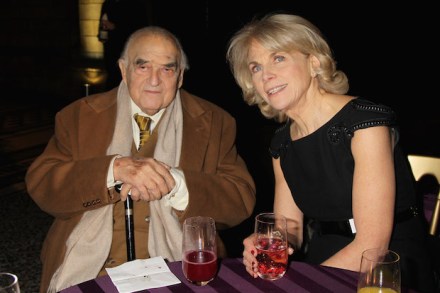Twitter’s new ‘Safety Council’ makes a mockery of free speech
If you think it’s only crybaby students who set up safe spaces in which they might hide from gruff words and ugly sentiments, think again. More of the world beyond touchy campuses is being safe-spaced too. Consider Twitter, which this week announced the establishment of a ‘safety council’ — Orwellian much? — to ensure its users will be forcefielded against abusive, hateful or unpleasant blather. Yesterday, on Safer Internet Day — which promotes ‘safe, responsible, positive and boring use of digital technology’ (okay, I added ‘boring’) — Twitter revealed that it has anointed 40 organisations to advise it on how to make sure tweeters can ‘express themselves freely and safely’.





















